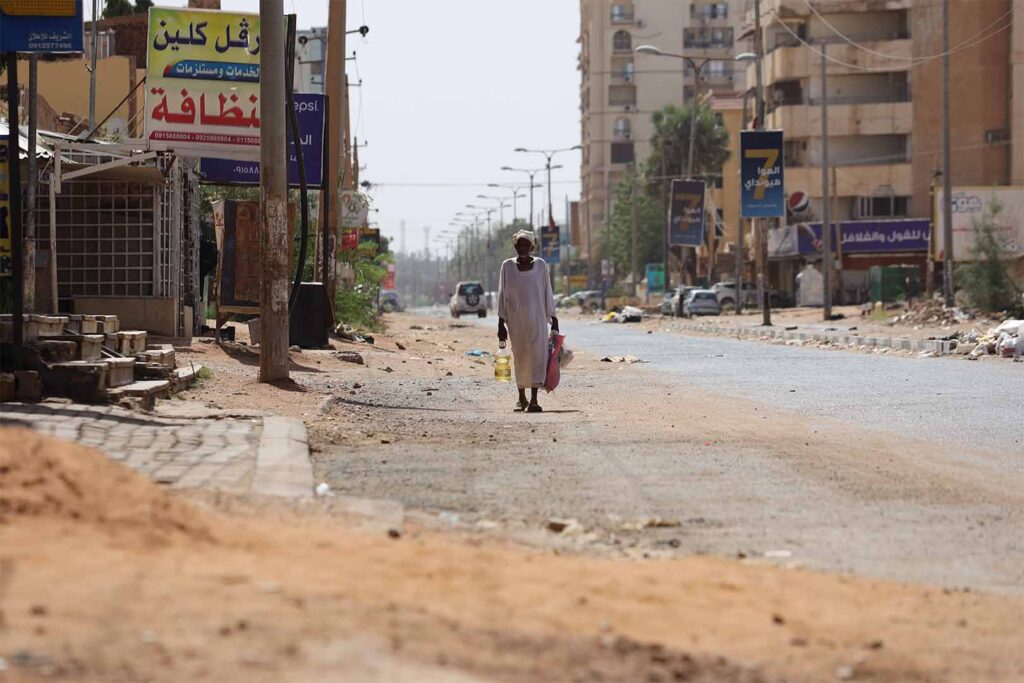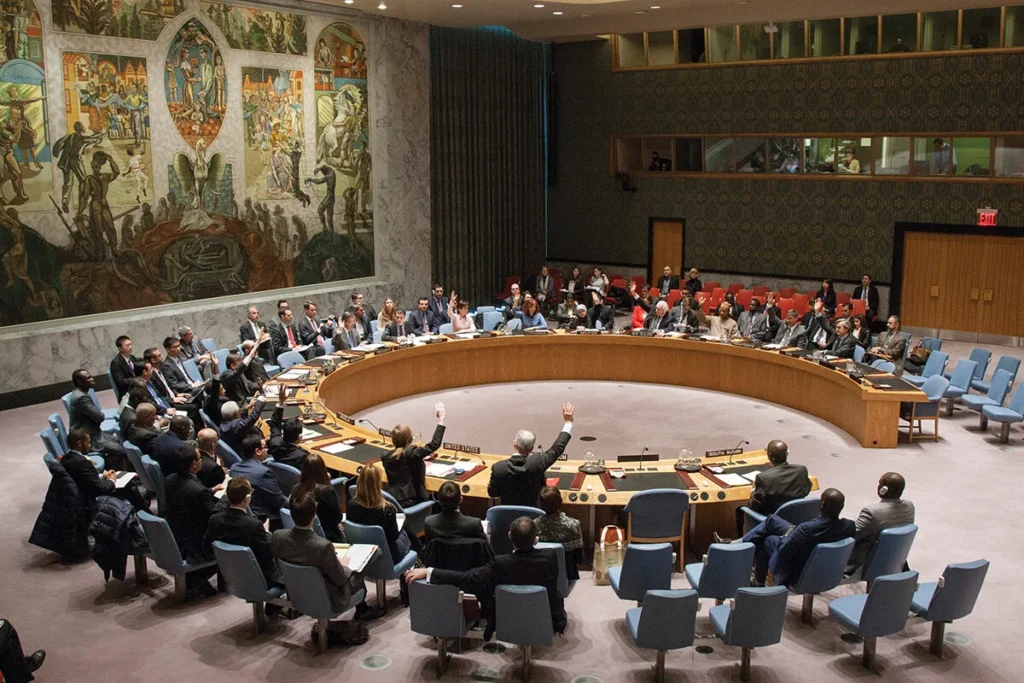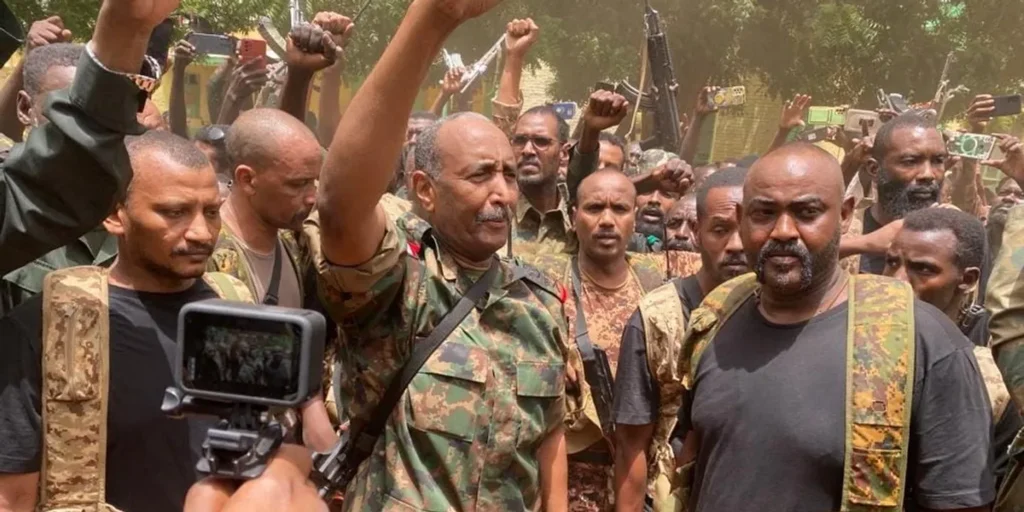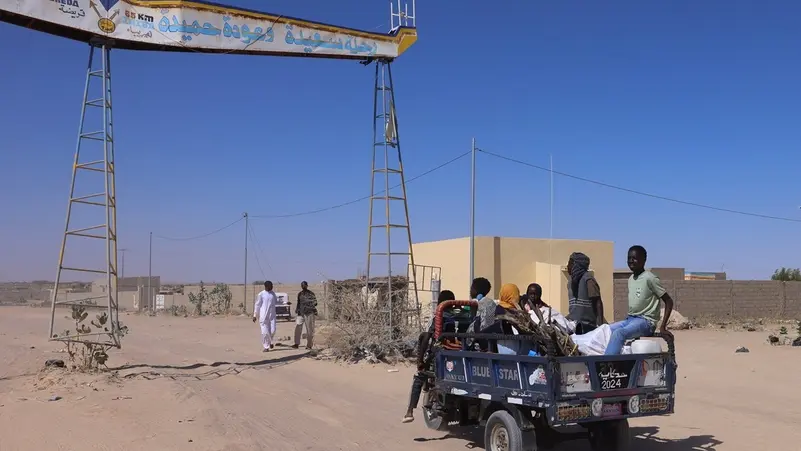
Aid organizations are exploring alternative routes to deliver assistance to Sudan, considering a new path from South Sudan, as existing challenges hinder access to much of the country, revealed a senior UN official on Monday.
The nation, now nine months into a conflict between the army and the Rapid Support Forces (RSF), faces a severe humanitarian crisis affecting nearly half of its 49 million people.
The conflict has resulted in extensive displacement, with over 7.5 million people forced to leave their homes, making Sudan the world’s most significant displacement crisis. Widespread looting of aid supplies and attacks on humanitarian workers have exacerbated the situation.
International agencies and non-governmental organizations have long cited bureaucratic obstacles, including difficulties accessing the army-controlled Port Sudan and obtaining travel permits for other regions.
Rick Brennan, the regional emergencies director for the World Health Organization (WHO), described the operating environment as exceptionally challenging during a press briefing in Cairo.
With agencies mainly confined to operating from Port Sudan on the Red Sea coast and delivering aid from Chad to Darfur in the west, efforts are now being directed towards establishing cross-border operations from South Sudan into the southern parts of Sudan’s Kordofan states, as explained by Brennan.
The conflict has severely impacted health services, leading to six major disease outbreaks, including cholera, measles, dengue fever, vaccine-derived polio, and malaria.
Hunger levels are also escalating due to limited access to food.
Diplomats and aid workers report that both the army and the RSF, engaged in military campaigns, hinder humanitarian access. Activists claim that neighborhood volunteers assisting in aid efforts have been targeted. Despite denials from both sides, concerns persist.
The power-sharing arrangement between the army and the RSF, established after a popular uprising in 2019, collapsed in 2021, leading to a coup. Disputes over their roles in a planned transition towards elections intensified, resulting in the current conflict.
UN humanitarian chief Martin Griffiths criticized the outrageous impediments to aid, citing lengthy customs clearances of up to 18 days and extended inspections under military supervision.




